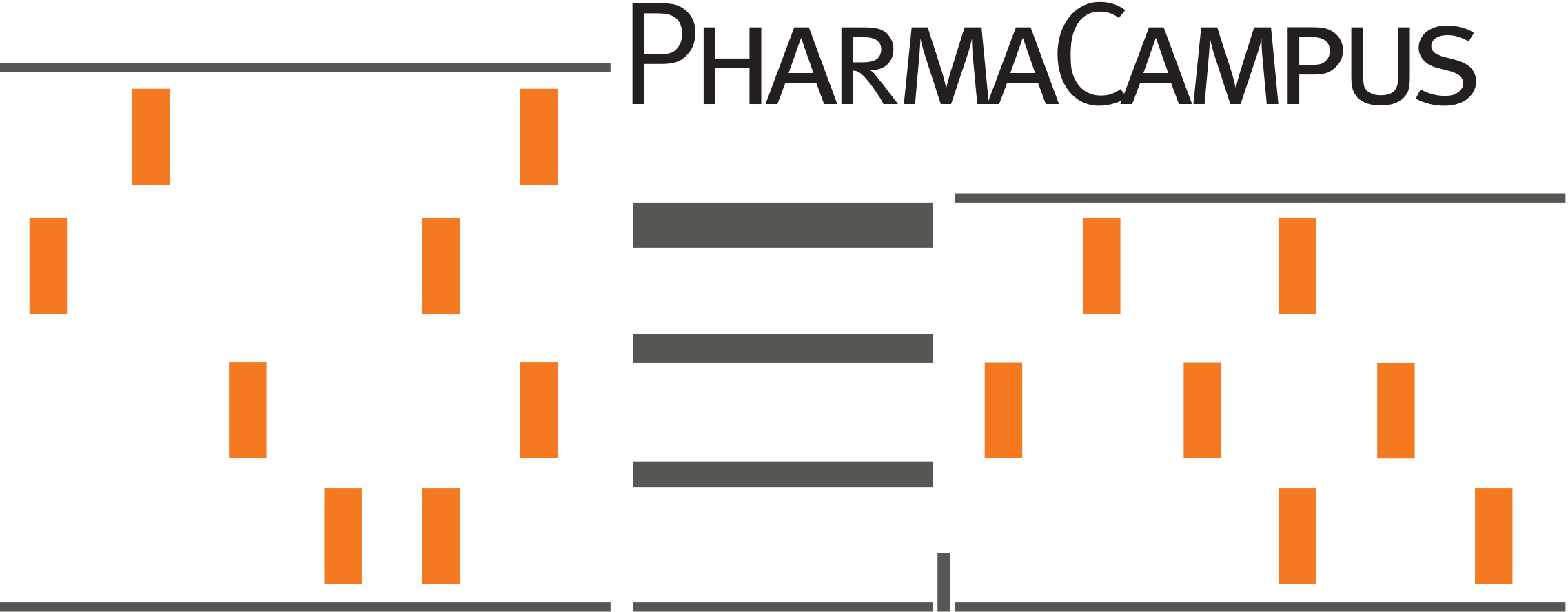Study of pharmacy and industrial practice

University of Münster visits Dr Willmar Schwabe
What would theoretical learning be without seeing how it works in practice? What would a pharmacy degree programme be without field trips? Where are the interfaces between academic learning and industrial production? What does an industrial pharmacist actually do? These questions were addressed by 49 pharmacy students from the University of Münster on 12 October 2023 as part of an industrial excursion to Dr. Willmar Schwabe GmbH in Karlsruhe. Students and lecturers, led by Prof. Dr Andreas Hensel from the Institute of Pharmaceutical Biology and Phytochemistry, gladly accepted the invitation to a top-class scientific lecture, discussion and tour event. The day before, the group made their way from Münster to the Baden region to get to know Karlsruhe in the evening and a little of the nightlife. The next morning, the event began with a brief presentation of the company. The sometimes quite complex problems of the authorisation and quality of phytopharmaceuticals were discussed in detail. One intensive point of discussion was the question of future innovations and what possibilities exist to fulfil the restrictive requirements for new phytopharmaceutical approvals so as not to remain exclusively in the sector of traditional registrations.
The fact that quality assurance aspects can also be quite tricky and demanding was illustrated by current adulteration problems with ginkgo extracts from the poorly controlled world market. In a further block of lectures and discussions, the topic of the task and function of preclinical and clinical research in the phytopharmaceutical industry was presented and discussed, whereby the processing of these topics with meaningful data sets on the evidence of rational phytotherapeutics by the Schwabe company as a representative of the research-based pharmaceutical industry was emphasised by all participants. The question of quality differences between generic products and original preparations was discussed intensively. The theoretical block was followed by a tour of the laboratories for analytical development, preclinical research (phytochemistry and pharmacology) and galenic development in small groups, where some students drew comparisons with the student labs - clearly, drug analysis, natural product chemistry, analytical methods, drug development and testing are also taught in the pharmacy degree programme. It's nice that the students can see that the instrumental techniques and methods from their studies are being used in industrial practice - the degree programme doesn't seem to be that far removed from practice after all?
This was followed by an introduction to the practical side of ginkgo extract production in the Extracta production plant on site. Everyone was impressed by the scale of the technology used and the efficiency with which many tonnes of leaf material can be quickly and safely turned into a high-quality product. At the end of the event, there was a short presentation and discussion on the job profile of pharmacists in the pharmaceutical industry, emphasising the importance of this profession in all areas of the industry.
The fact that the majority of industrial pharmacists hold a doctorate in natural sciences should explicitly not deter pharmacists without a doctorate from applying for a job in the industry.
On behalf of the group, Prof Hensel thanked everyone involved at Schwabe for their hospitality, the great hospitality and the scientifically very fruitful excursion days. Everyone agreed that excursions are fun and are an excellent way to deepen the learning objectives! And when it becomes clear that modern phytopharmaceuticals are rational, well-documented medicinal products with a high quality status, then this should be an incentive for every pharmacist interested in pharmaceutical biology to continue working, researching, teaching and producing intensively in this field.

